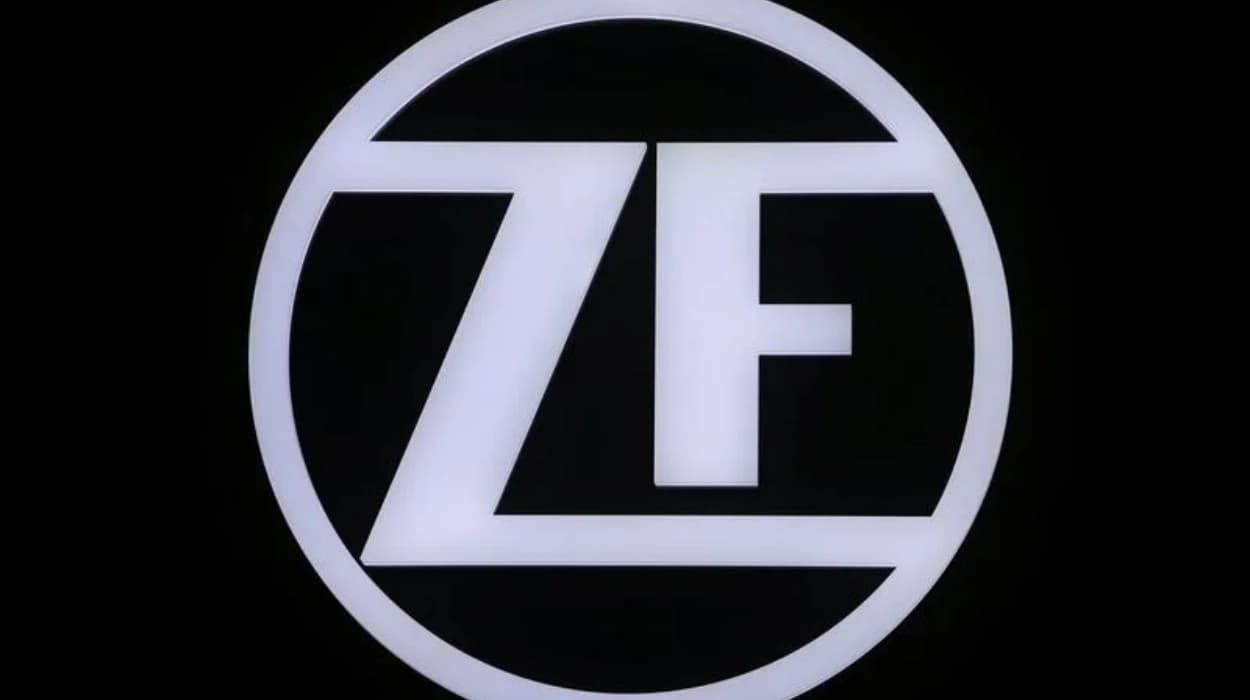German auto parts giant ZF plans to furlough workers at its Schweinfurt site as semiconductor shortages disrupt production, a union representative said.
An email request for comment was not immediately answered by the corporation.
"The specific arrangements are currently being negotiated with the works council,"
an IG Metall union representative told Reuters.
Carmakers are worried about potential production halts due to a standoff over Dutch chipmaker Nexperia, whose chips are widely utilized by key suppliers like ZF.
According to Volkswagen on Monday, recent U.S.-China negotiations "signalled a possible easing of trade tensions and export restrictions".
The Schweinfurt installation, one of ZF's largest in Germany, manufactures factors for vehicle drivetrains and has formerly had shift schedules altered as a response to shifting client demand.
While ZF maintains it presently has a stable chip force for the near term, reduced chip exports from China have tensed vacuity, contributing to product adaptations. Addresses between the US, China, and the EU tend to resolve these trade pressures.
The leading automaker in Europe stated that the group was keeping an eye on the issue and would act appropriately if necessary.
How are Germany's auto makers responding to ZF's cuts?
ZF itself is contemplating cutting 7,600 jobs in its galvanized powertrain division by the year 2030 as part of its overall maneuver to cut between 11,000 and 14,000 jobs in Germany by 2028 due to the EV demand weakening and competitive pressures.
Significant German automotive producers and suppliers, such as Volkswagen, Mercedes, Bosch, Porsche and Audi, have declared cuts in jobs and restructuring plans of their workforce all due to falling demand, overcapacity and tariff disruptions.
This includes reducing shifts, closing shops or consolidating shops, as an estimated 55,000 jobs have been reduced in the automotive industry in Germany since 2023. The German government is involved in conversations with assiduity leaders to address the extremity, balancing between accelerating electric vehicle relinquishment and guarding artificial jobs.
